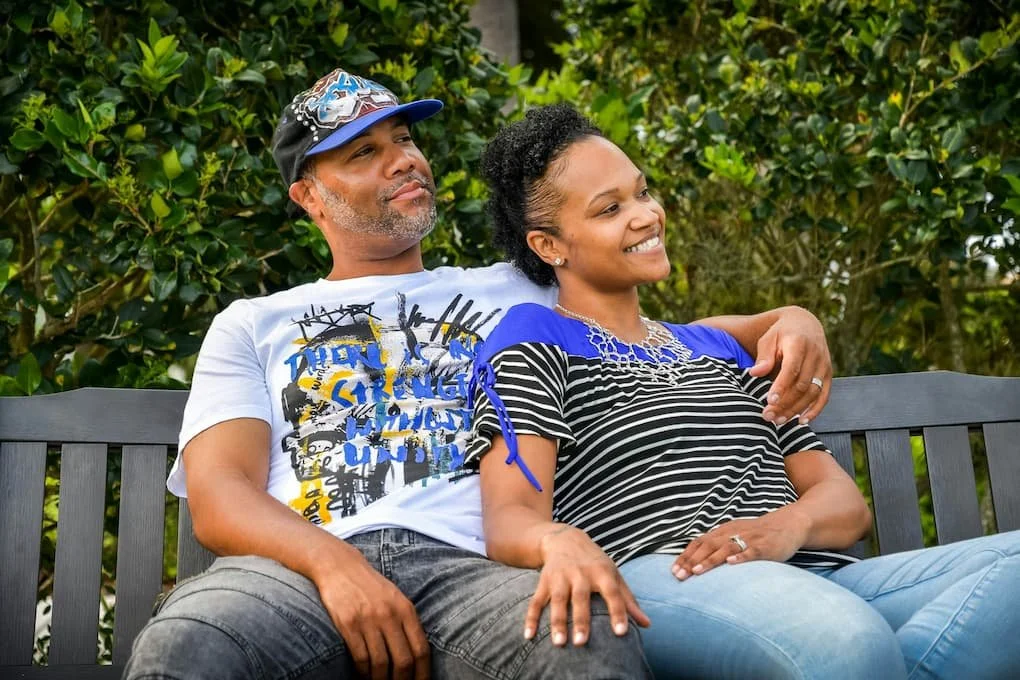Are You Really Listening? Communication Skills Every Couple Needs
Every couple argues, misreads each other, or talks past one another at times. However, the problem often isn’t what you’re saying, it’s whether you’re really listening.
Good communication isn’t just about words. It’s about creating a space where both partners feel heard, respected, and understood.
The truth is, listening sounds simple but takes practice. The good news? With a few intentional skills, couples can turn everyday conversations into opportunities for connection instead of conflict.
Why Listening Matters in Relationships
When partners don’t feel heard, frustration builds quickly. You might find yourselves having the same argument over and over, or avoiding conversations altogether. When listening is done the “right way,” it helps to build trust, reduce misunderstandings, and strengthen your emotional intimacy.
Even when you do have problems in your relationship, being a good listener can make solving them much easier while reminding you and your partner that you’re on the same team.
Be an Active Listener
You might think you’re paying attention to what your partner says, but hearing and listening are two different things. It’s important to build a few practical skills to make listening a priority within your relationship, starting with active listening.
Active listening means giving your full attention to your partner. You’re not planning your response while they talk. Show engagement by nodding, making eye contact, or giving verbal cues like “I hear you” or “That makes sense.” Summarizing what you heard shows you’re truly tuned in.
Get Rid of Distractions
Next, make sure you’re putting distractions away. It’s hard to feel valued when someone is half-listening with one eye on their phone. Commit to screen-free time during important conversations. Even small signals like silencing notifications can send the message that your partner matters more.
Use “I” Statements
Saying “You never listen to me” puts your partner on the defensive. Instead, try: “I feel hurt when I don’t feel heard.” Shifting the language from blame to feelings keeps the focus on connection, not accusation.
Choose to stay curious instead of defensive. When your partner brings up an issue, it’s tempting to explain or defend yourself right away. However, curiosity is more powerful. Asking questions helps you understand instead of escalating.
Misunderstandings are common. Before reacting, pause and ask: “What I’m hearing is that you felt ignored when I didn’t call, did I get that right?”
This little step avoids hours of arguing about two completely different interpretations.
Pick the Right Time to Talk
Not every moment is the right one for a heavy talk. If one of you is tired, hungry, or rushing out the door, it’s better to suggest you have the conversation when you’re both ready. Choosing proper timing shows respect and sets the stage for better listening.
If you find that you both keep putting off conversations or you simply can’t find the time to talk on your own, consider reaching out for help. Couples counseling is a great way to prioritize your relationship, set aside specific time to work through things, and learn even more skills about how to communicate effectively.
Listening isn’t passive. It’s an active gift you give your partner. It shows them that you value their perspective, care about their feelings, and that you’re willing to slow down to hear them. Couples who practice these skills not only solve problems more easily, but they also build a deeper, steadier bond.
If you’re not convinced you’re really listening when your partner speaks (or vice versa) and you’re worried it’s causing issues in your relationship, don’t hesitate to contact me today. By building a solid communication foundation now, you’ll enjoy a happier, healthier relationship as you go forward.

